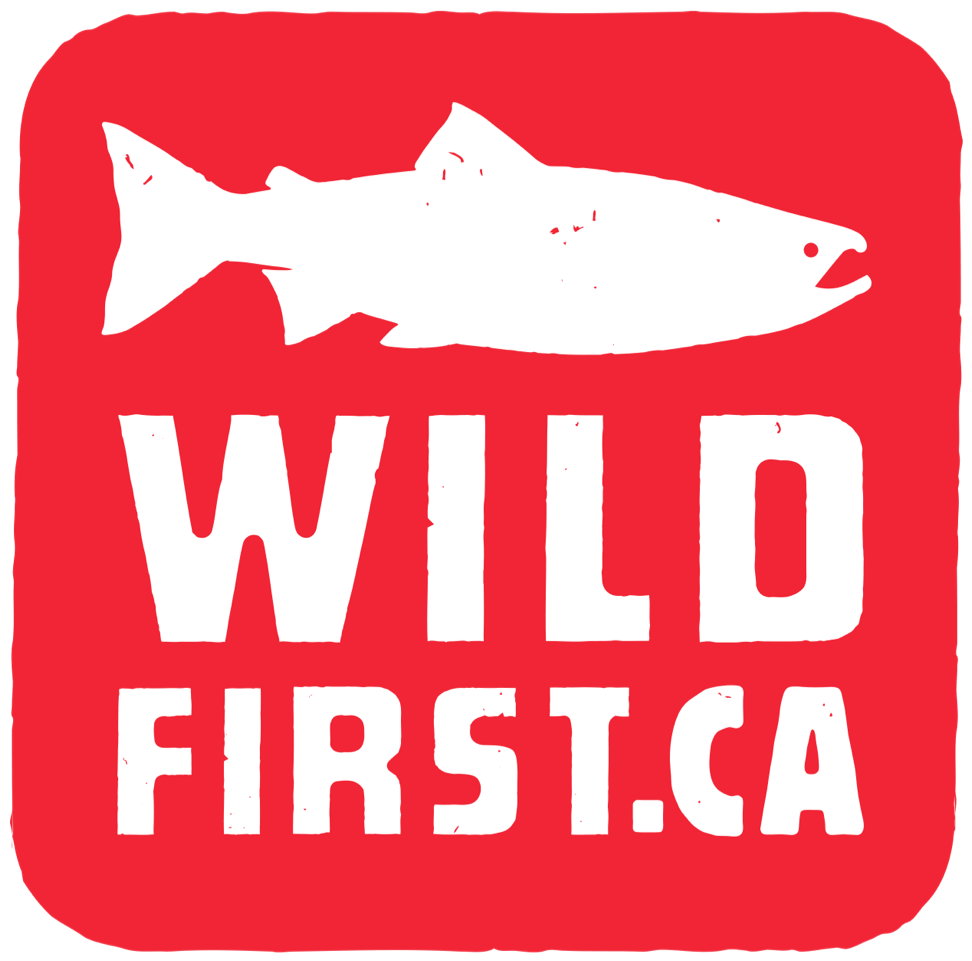The future of wild Pacific salmon is in danger
Open net pen fish farms are large cages or nets placed in coastal waters that contain hundreds of thousands of fish.
These fish farms cannot contain or control the outflow of waste from their facilities—they’re allowed to pollute for free. Every day, deadly parasites, pathogens and pollutants are released into BC coastal waters.
Open net pen fish farms are located right in the middle of wild salmon migration routes and rearing grounds. The high density of foreign fish packed into a farm pen acts as a bio-amplifier, increasing contagious viruses in the water. This is a critical risk to migrating baby salmon heading out to sea and to adult fish returning to spawn.
These diseases include the Tenacibaculum (mouth rot), Piscine Reovirus (PRV) and sea lice. Salmon that pass close to open net pen fish farms have substantially higher mortality rates than those who do not [2].
Dr. Kristi Miller-Saunders (DFO scientist) on the devastating impact of Tenacibaculum on wild Pacific salmon.
The way forward
The federal government has mandated that all open net pen fish farms will be removed from the Discovery Islands by June 30th, 2022, and all remaining open net pen salmon farming in coastal waters will be transitioning to closed containment by 2025.
By transitioning to land based closed containment farms, BC will be able to protect wild Pacific salmon and future proof the aquaculture industry for generations to come.
References
[1] Crawford, T. (2018, April 5). B.C. chefs ask gov’t to stop net-pen salmon farming. Retrieved May 10, 2019, from https://vancouversun.com/news/local-news/b-c-chefs-pen-letter-to-government-to-stop-salmon-farming
[2] Price, M. H., Morton, A., & Reynolds, J. D. (2010). Evidence of farm-induced parasite infestations on wild juvenile salmon in multiple regions of coastal British Columbia, Canada. Canadian Journal of Fisheries and Aquatic Sciences, 67(12), 1925-1932. doi:10.1139/f10-105
